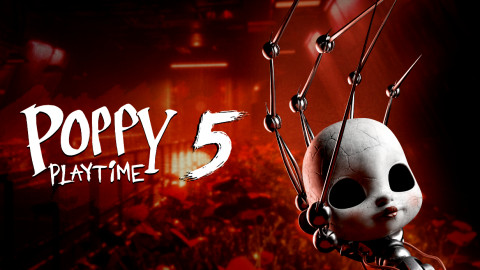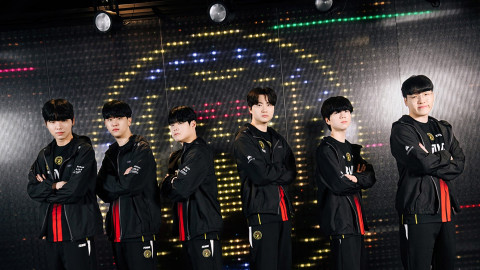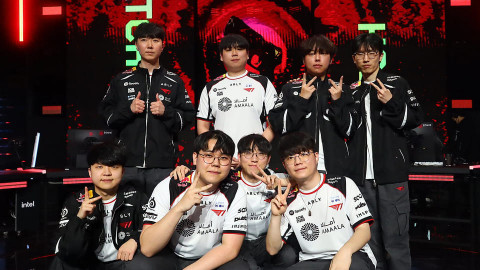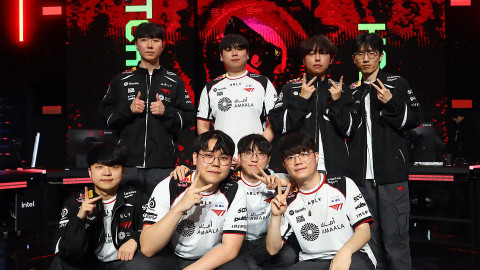
What preparations are necessary to popularize Web3 games? It's natural that games should offer enjoyment beyond just being P2E and maintain overall quality comparable to traditional Wxeb2 games. However, there is a pressing challenge that needs to be addressed first: accessibility. When people hear about blockchain, they often perceive it as complex, and to some extent, this is true. Web3 games require users to create wallets, navigate the integration process, understand utility tokens, and even deal with gas fees during token swaps and check which tokens are used, making it all seem quite intricate.
A solution to lower this entry barrier was introduced on Jun. 27 at the "Korea NFT/Blockchain Game Conference" hosted by the Korea Game Media Association and organized by ZDNet Korea. MarbleX, the blockchain subsidiary of Netmarble, presented their experiences and trials in improving accessibility under the theme “MarbleX: A New Challenge in the Web3 Game Ecosystem.”

Before delving into the details of accessibility improvement, MarbleX director Moon Jun-ki explained the reason behind Netmarble's integration of blockchain technology into games. The primary motivation was to extend the lifespan of games. Netmarble believed that blockchain could achieve this goal, and their first attempt was integrating blockchain into A3. Despite being a game that had been officially released for over two years, the results were satisfying. After the integration, revenue increased sevenfold, and they witnessed a remarkable sixfold growth in daily active users (DAU). Through further attempts to introduce blockchain in various genres, such as games like Ni no Kuni, King of Fighters Arena, and Meta World: My City, they confirmed the synergistic effects of blockchain in each genre.
Netmarble is currently preparing for their upcoming RF Project. The RF Project, an RvR MMORPG, aims to achieve the popularization of Web3 games through refined tokenomics, leveraging the expertise gained from games like Ni no Kuni and King of Fighters Arena.
Presently, Netmarble's Web3 games have surpassed 16 million users worldwide. While this is a significant number, it falls somewhat short of an optimistic outlook. Director Moon Jun-ki explained that one of the concerns is the limited influx of Web2 users. The majority of new users are those already enjoying other Web3 games, resulting in fewer new users entering the ecosystem.
Several reasons contribute to this situation. Director Moon Jun-ki cited the unfamiliarity with blockchain as the primary cause. Currently, blockchain and blockchain games are still at the level of early adopters. Users who are interested in new technologies are the primary audience, and they don't approach it with the same casual mindset as they do with existing Web2 games. To bridge this gap, he emphasized the need to improve accessibility.
Web3 games currently present multiple entry barriers. Terms like wallets, NFTs, mainnets, and gas fees are unfamiliar to many. While users' gaming preferences and behaviors remain similar to those of Web2 games, the introduction of tokenomics and other blockchain-related aspects necessitates user familiarity, leading to potential inconveniences. Some users even resort to using unofficial sites, paying fees for exchanges, and more, all due to the lack of accessibility. Director Moon Jun-ki added, "We observed a decrease in such cases after MarbleX began supporting various payment methods, which indicated the significance of accessibility issues."

To address accessibility, MarbleX is actively preparing a multi-chain strategy. This strategy has three distinct characteristics. First, it focuses on providing seamless user experience. By incorporating bridges into the MBX ecosystem, users no longer need to individually select chains when swapping tokens. Second, it aims to ease the hurdles for new Web3 users. Notably, MarbleX's assumption of gas fees allows for inter-chain transfers without the need for heterogeneous tokens. Security is also a priority, with multi-signature verification applied to bridge contracts to prevent bridge hacking incidents.
Besides improving accessibility, there are other challenges that need to be addressed for mass adoption, namely the issue of "hidden costs." Despite the revenue and DAU growth observed after introducing blockchain, many game companies remain hesitant. The reasons lie in the aspects beyond the game itself, such as token management, establishing overseas entities, and managing the blockchain system. The introduction of blockchain incurs additional costs that require careful consideration.
In this regard, Director Moon Jun-ki stated that there is currently no clear solution and proposed an alternative approach: onboarding through publishers who have established Web3 platforms, such as MarbleX. MarbleX is developing services called MBX Stations, which support ecosystem construction, wallet integration, NFT minting, and more.
Concluding the presentation, Director Moon Jun-ki stated, "With MBX Universe 3.0, MarbleX aims to enhance user accessibility, eliminate hidden costs for developers, and expand the Web3 game ecosystem."
Sort by:
Comments :0







